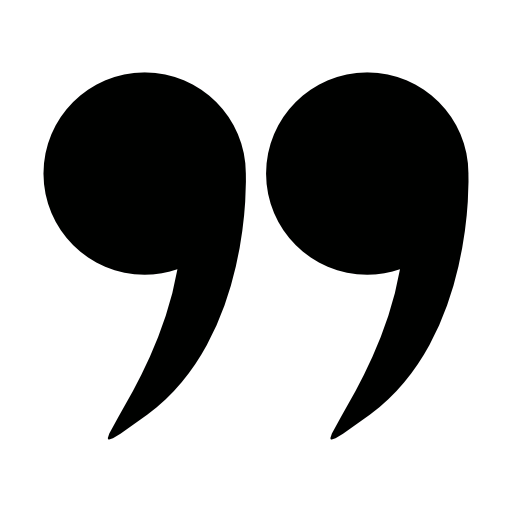How many days can a man stay alive without sleep?
How many days can a man stay alive without sleep?
The longest recorded time a human has gone without sleep is 11 days and 25 minutes. This was achieved by Randy Gardner, a 17-year-old high school student in 1965. However, it is important to note that Gardner was under close medical supervision during his experiment, and he experienced a number of negative side effects, including hallucinations, irritability, and difficulty concentrating.
It is not clear how long a human could survive without sleep if they were not under medical supervision. However, it is likely that most people would experience serious health problems after a few days without sleep. These problems could include:
- Impaired judgment and decision-making
- Reduced cognitive function
- Increased risk of accidents
- Hallucinations and delusions
- Psychosis
- Seizures
- Death
If you are finding it difficult to sleep, it is important to see a doctor to rule out any underlying medical conditions. There are also a number of lifestyle changes that you can make to improve your sleep, such as establishing a regular sleep schedule, creating a relaxing bedtime routine, and avoiding caffeine and alcohol before bed.
The length of time a person can survive without sleep varies depending on various factors, including individual differences and circumstances. However, it is generally agreed that regular and adequate sleep is essential for overall health and functioning.
While the exact maximum duration without sleep is difficult to determine, there have been extreme cases documented. The Guinness World Record for the longest time without sleep is currently held by Randy Gardner, who stayed awake for 11 days and 25 minutes during a science fair experiment in 1965. During this period, he experienced significant cognitive and physical impairments.
Prolonged sleep deprivation can have severe consequences on a person's physical and mental health. Even a short-term lack of sleep can impair cognitive functions, affect mood, decrease attention span, and lead to problems with memory and decision-making.
It is crucial to prioritize regular and sufficient sleep for optimal health and well-being. Most adults require around 7-9 hours of sleep per night, although individual needs may vary. If you are experiencing sleep difficulties or have concerns about your sleep patterns, it is advisable to consult a healthcare professional for guidance.




































